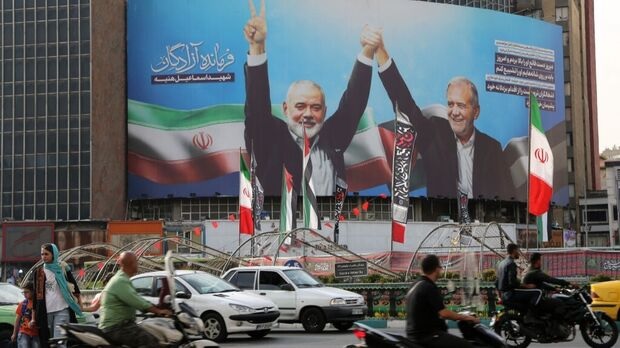
Iran Faces Challenge of Restoring Deterrence Without Escalating Conflict
Iran is managing a complex situation following the assassination of Ismail Haniyeh, a senior Hamas official, in Tehran. Though there have been expectations of retaliation, Iran has not yet taken direct action against Israel, which it holds responsible for the attack. This has raised questions about the timing and nature of any response, as well as the broader factors influencing Iran's approach.
A key challenge for Iran is to restore its deterrence without triggering a broader regional conflict. The country’s security strategy, developed over decades, relies on its network of proxies across the Middle East, including in Iraq, Syria, and Yemen. These groups serve as a buffer against direct military engagements with Israel or the United States.
Iran's current focus is on bolstering its military and nuclear capabilities, while avoiding actions that could escalate into full-scale war. Tehran is exercising "strategic patience" as it continues to build its long-term military strength.







